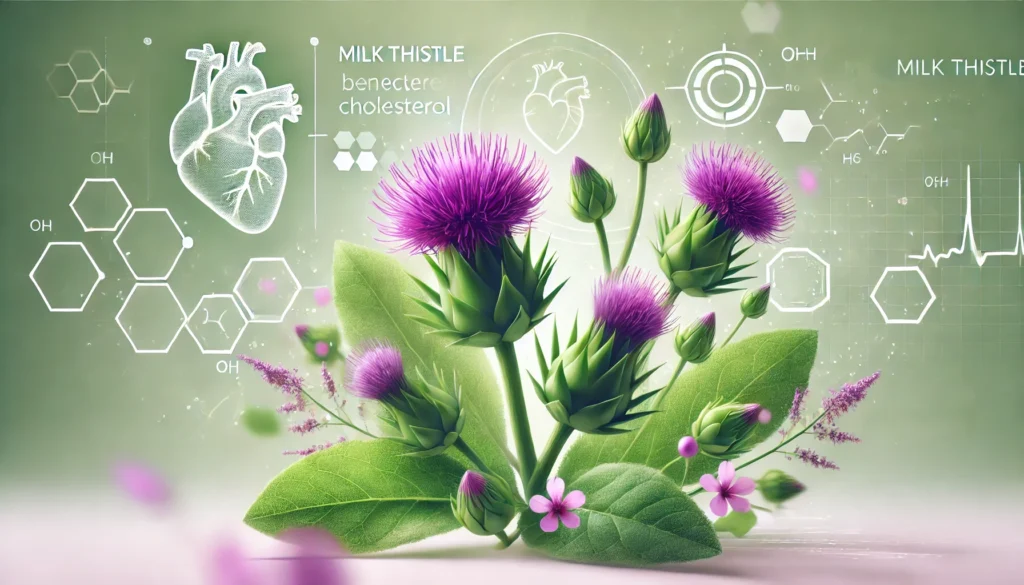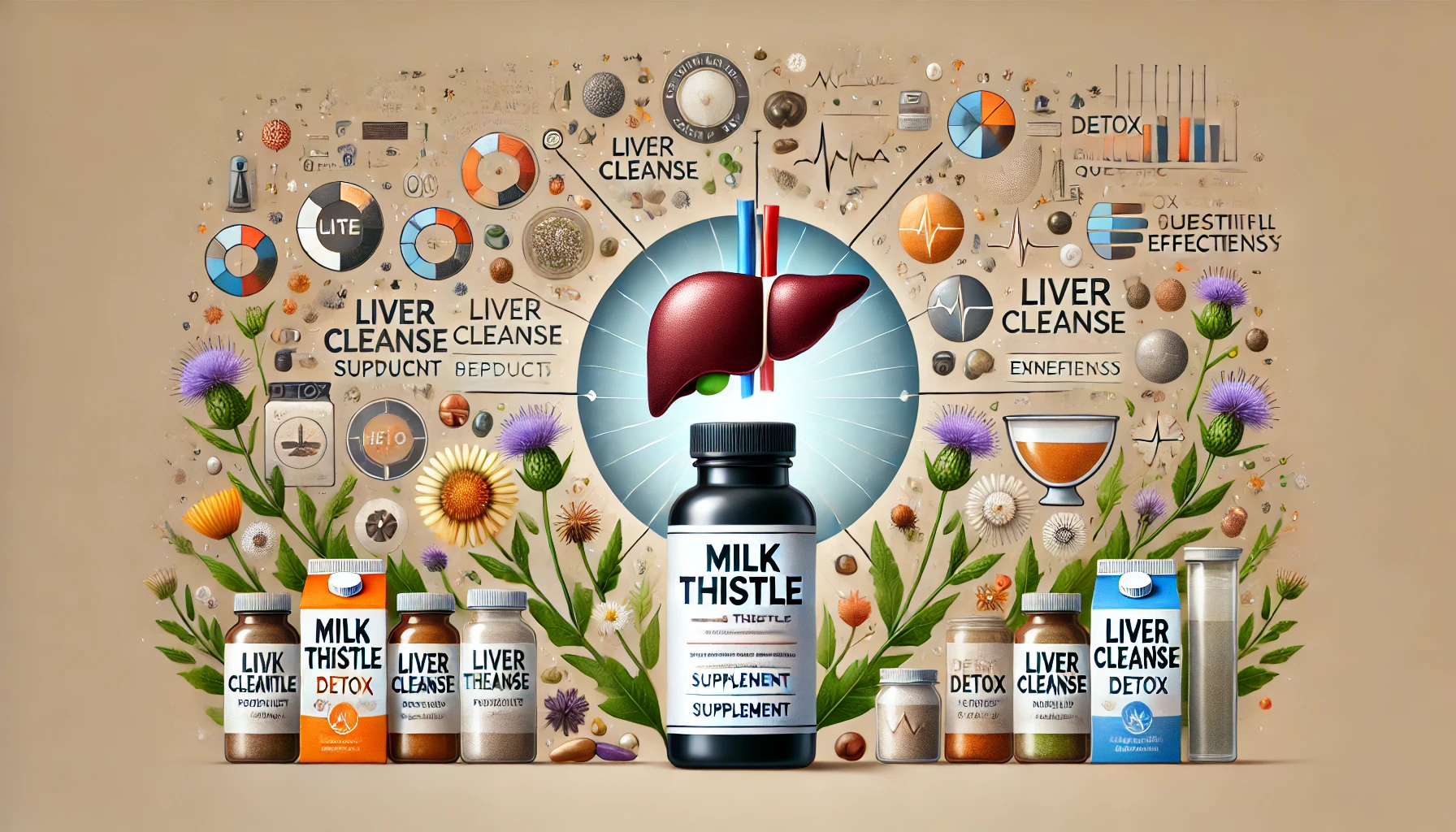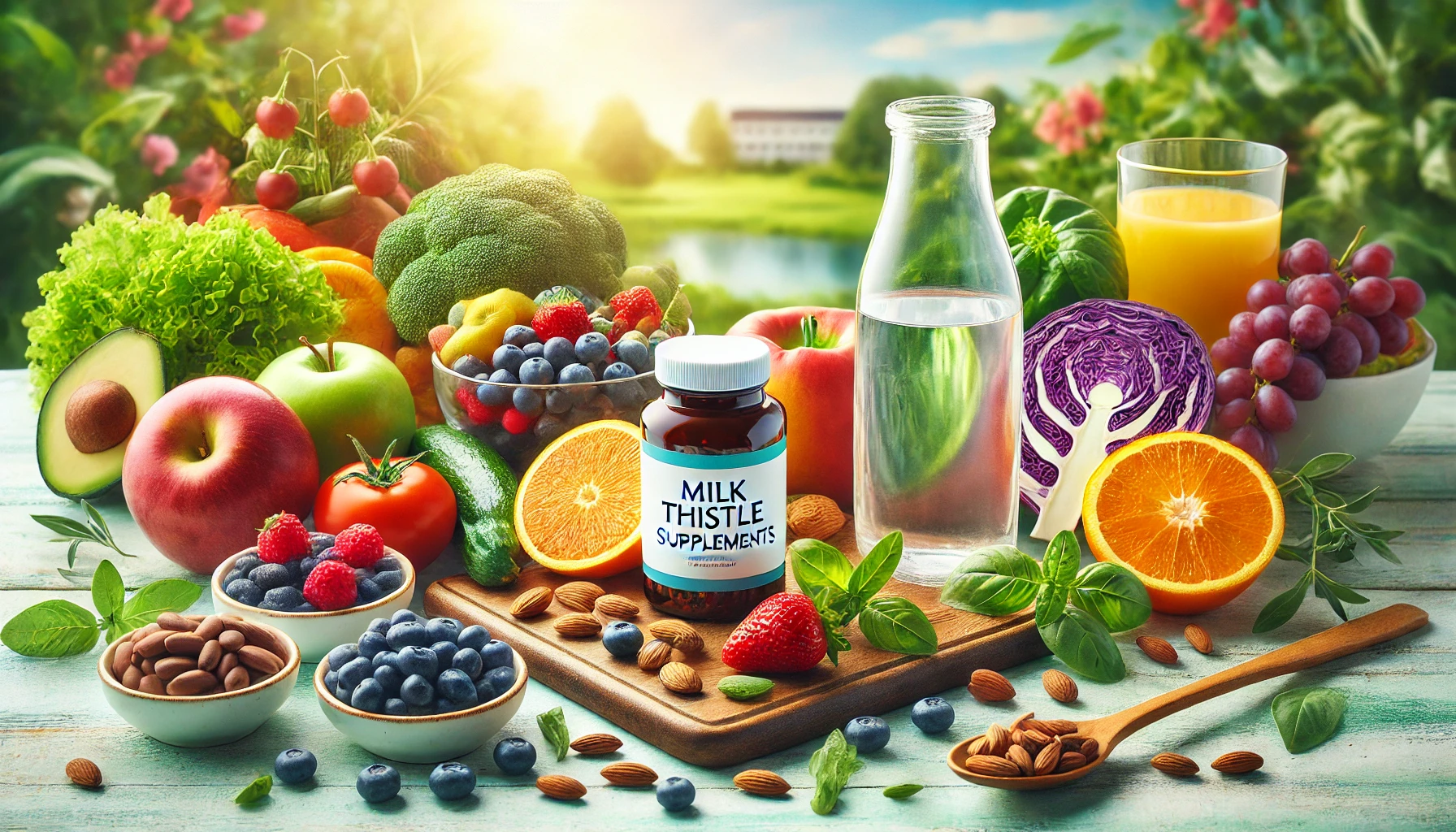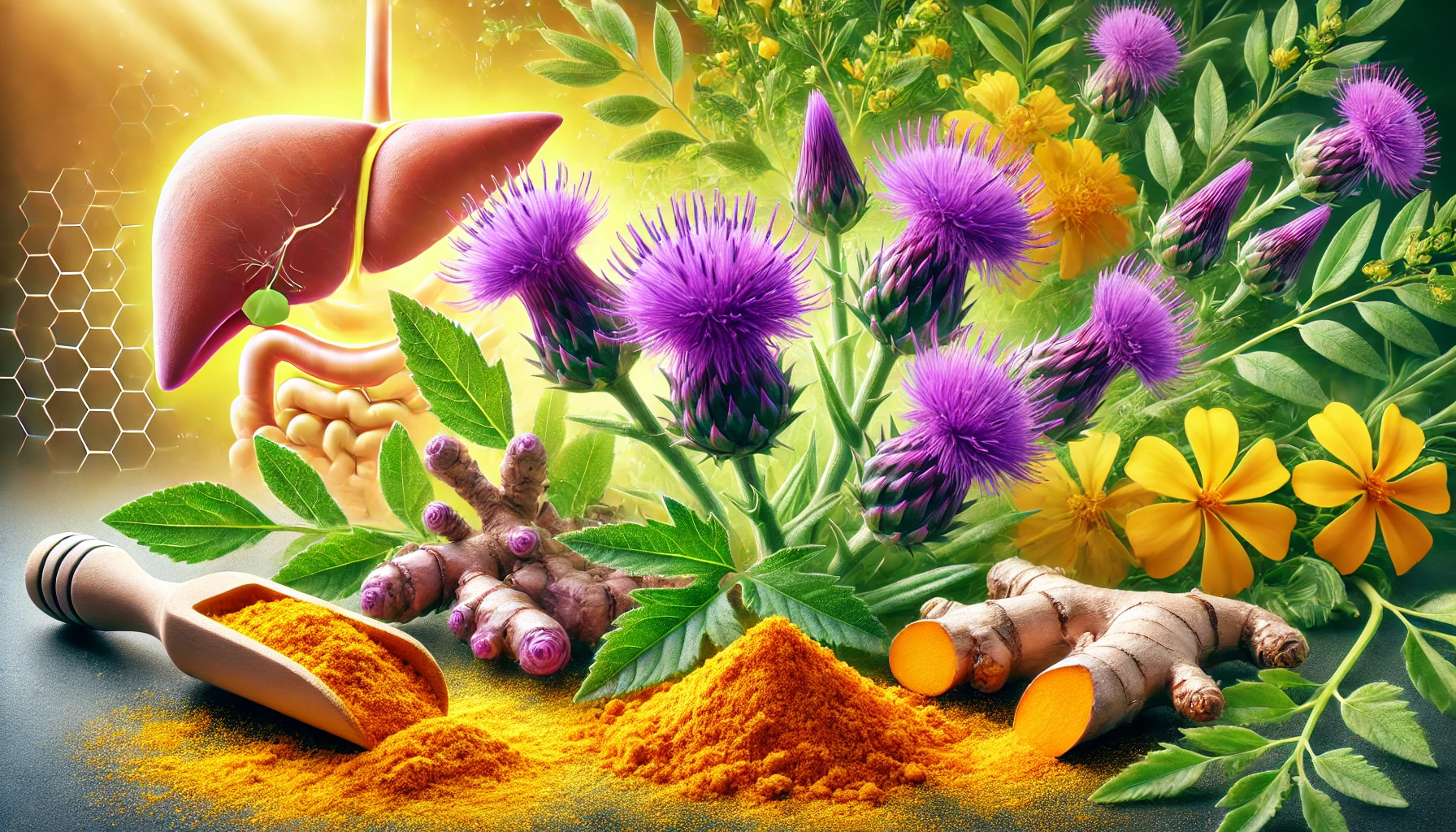Milk thistle, scientifically known as Silybum marianum, is a flowering herb native to the Mediterranean region. Traditionally used for liver health, recent studies suggest it may also play a role in managing cholesterol levels. This article explores the potential benefits of milk thistle for cholesterol, supported by scientific evidence.

How Milk Thistle May Impact Cholesterol Levels
Milk thistle contains a group of bioactive compounds known as silymarin, which have antioxidant and anti-inflammatory properties. These compounds are believed to contribute to milk thistle’s potential ability to lower cholesterol levels.
Research published on the National Center for Biotechnology Information (NCBI) indicates that silymarin can influence lipid metabolism by reducing LDL (bad cholesterol) and increasing HDL (good cholesterol). The mechanism behind this involves the inhibition of cholesterol absorption in the intestines and the enhancement of bile acid production, which helps in the excretion of cholesterol from the body. For more details, you can read the NCBI study here.
Summary: Silymarin, the active compound in milk thistle, may lower LDL cholesterol and raise HDL cholesterol by inhibiting cholesterol absorption and promoting its excretion.
Scientific Studies Supporting Milk Thistle’s Cholesterol-Lowering Effects
Several studies have investigated the effects of milk thistle on cholesterol levels. One study published by the National Center for Complementary and Integrative Health (NCCIH) found that participants who took milk thistle supplements experienced a significant reduction in total cholesterol and LDL levels compared to a placebo group. The study concluded that milk thistle could be a beneficial supplement for individuals with high cholesterol.
Another study published in a peer-reviewed journal found that silymarin supplementation led to a decrease in triglycerides, another lipid associated with cardiovascular disease. These findings suggest that milk thistle not only affects cholesterol but also plays a role in improving overall lipid profiles.
Summary: Clinical studies have shown that milk thistle supplementation can reduce total cholesterol, LDL levels, and triglycerides, improving overall lipid profiles.
Potential Mechanisms Behind Milk Thistle’s Effects on Cholesterol
The cholesterol-lowering effects of milk thistle are attributed to its antioxidant properties, which reduce oxidative stress, a key factor in the development of atherosclerosis (hardening of the arteries). By reducing oxidative stress, milk thistle may prevent the oxidation of LDL cholesterol, which is a crucial step in the formation of arterial plaques.
Additionally, milk thistle’s anti-inflammatory properties may help in reducing inflammation in the arteries, further preventing the development of atherosclerosis and promoting better heart health.
Summary: Milk thistle’s antioxidant and anti-inflammatory properties may reduce oxidative stress and inflammation, preventing LDL cholesterol oxidation and atherosclerosis.
How to Use Milk Thistle for Cholesterol Management
Milk thistle is available in various forms, including capsules, tinctures, and teas. The typical dosage of silymarin, the active component, ranges from 200 to 400 mg per day. However, it’s essential to consult with a healthcare provider before starting any supplement regimen, especially for those with underlying health conditions or those taking other medications.
Combining milk thistle supplementation with a healthy diet, regular exercise, and other cholesterol-lowering strategies may enhance its benefits.
Summary: Milk thistle can be taken as a supplement, but it’s important to consult a healthcare provider for proper dosage and to combine it with lifestyle changes for optimal cholesterol management.
FAQs
Can milk thistle replace cholesterol-lowering medications?
No, milk thistle should not replace prescribed medications. It may be used as a complementary approach, but always consult your healthcare provider before making any changes to your treatment plan.
How long does it take to see results from milk thistle for cholesterol?
Results may vary depending on individual factors, but some studies suggest improvements in cholesterol levels after 8-12 weeks of consistent use.
Are there any side effects of taking milk thistle?
Milk thistle is generally well-tolerated, but some individuals may experience gastrointestinal discomfort or allergic reactions. It’s important to start with a lower dose and monitor for any adverse effects.
The Final Note
Milk thistle shows promise as a natural supplement for managing cholesterol levels, thanks to its antioxidant and anti-inflammatory properties. While it may offer benefits, it’s essential to approach its use with caution and under the guidance of a healthcare professional. For those interested in exploring milk thistle further, consider checking out some of the best milk thistle supplements available.
For more information on high-quality milk thistle products, visit milk thistle supplements.





